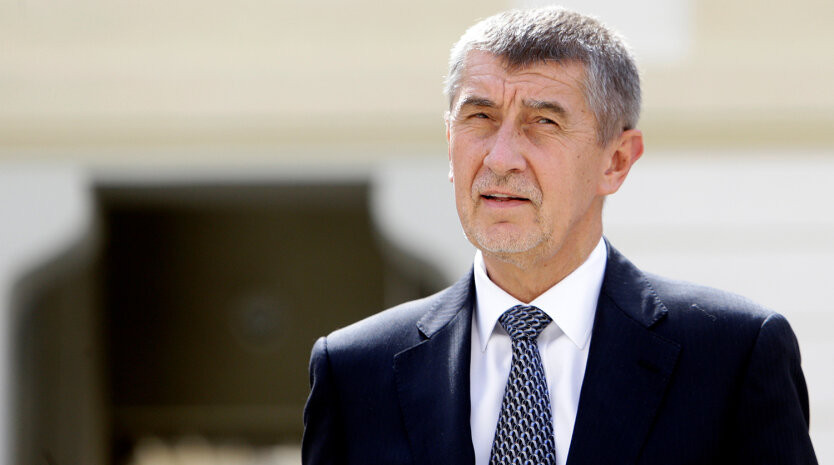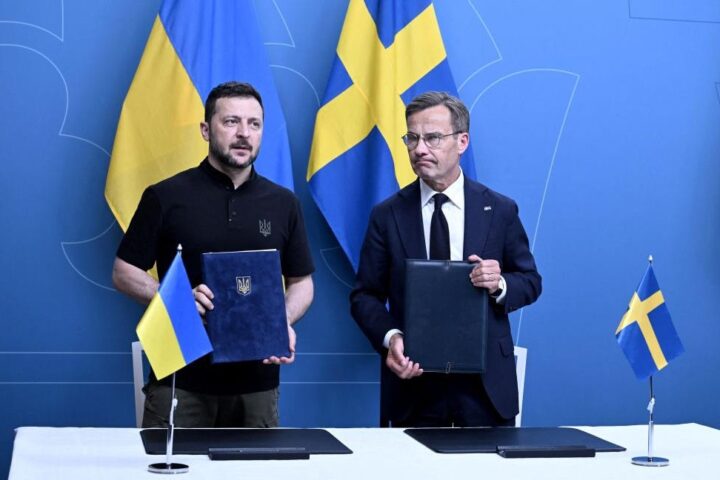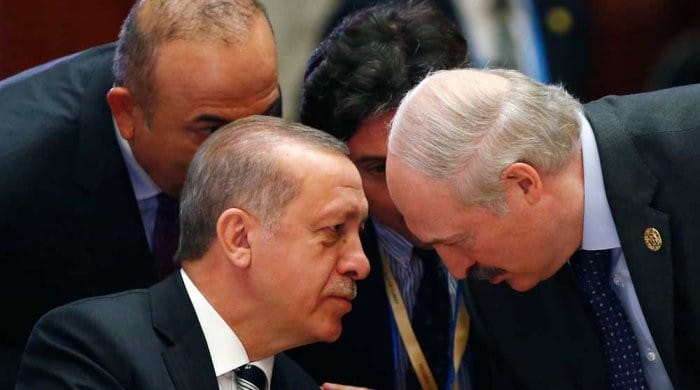On 16 September 2025, Politico reported that Czech opposition leader Andrej Babiš, head of the populist ANO party and former prime minister, vowed to cancel the country’s initiative to supply ammunition to Ukraine if he returns to power. He argued that the program, which has already delivered 1 million shells this year, is too costly for Czech taxpayers and that funds should be directed “to our own people.”
Election momentum and political stakes
Opinion polls ahead of the 3–4 October parliamentary elections show ANO leading with 32 percent support, compared to 21 percent for the ruling Spolu coalition led by Prime Minister Petr Fiala. Babiš’s promise to end the ammunition scheme underscores his strategy to mobilize voters frustrated by the war and to challenge the government’s pro-Ukraine stance. Analysts warn that his pledge, if implemented, could shift Czech foreign policy closer to leaders such as Viktor Orbán and Robert Fico, both of whom advocate reduced support for Kyiv.
Prague’s key role in supplying shells
Launched in 2024, the Czech ammunition initiative was designed to address delays in U.S. deliveries and mitigate acute shortages for Ukraine’s armed forces at a time when Russia was receiving support from Iran and North Korea. Under the scheme, Prague coordinated purchases on the global market and secured funding from 14 partner countries. Last year alone, 1.5 million large-caliber shells were delivered, and Czech officials planned to expand shipments to 1.8 million in 2025.
Public skepticism and Kremlin interests
Surveys reveal growing unease among Czech citizens: 49 percent say their country is doing too much for Ukraine, 29 percent view the aid as adequate, and only 6 percent consider it insufficient. Such skepticism provides fertile ground for Babiš’s campaign message. In Moscow, any reduction of Western military support is welcomed as a weakening of Ukraine’s defense and of allied unity. Observers note that curtailing Prague’s leadership in arms supply could create coordination gaps if responsibility shifts to another NATO state.
Risks for Czech reputation and European security
Babiš’s proposal risks undermining the Czech Republic’s international image as a reliable ally and a broker of consensus within NATO and the EU. Critics stress that prioritizing short-term domestic savings ignores longer-term threats: a Russian victory in Ukraine could trigger broader instability, from migration flows to economic disruption across Europe. For many in Prague, maintaining support for Ukraine is also a matter of historical memory, recalling the Soviet invasion of 1968. A withdrawal from the initiative would be seen as a retreat from that legacy and a concession to Russian influence.















